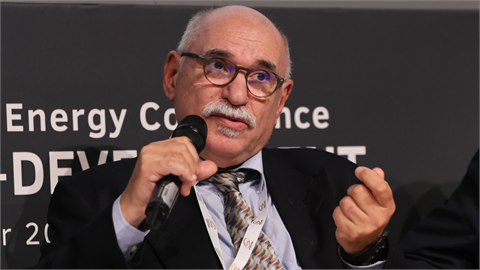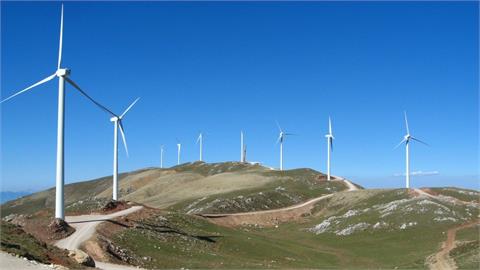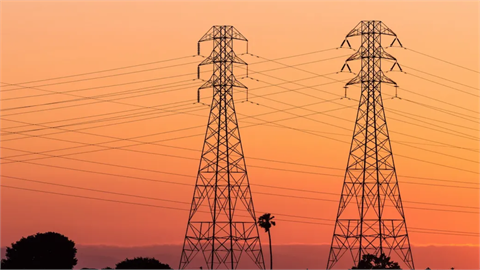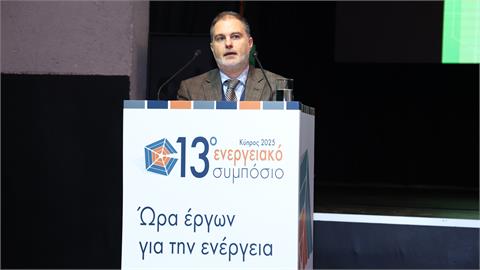IENE has just sent to its members Briefing Note No. 6 on “The Nuclear Power Generation Programme of Turkey”. This latest Briefing Note (June 2015) deals with Turkey’s nuclear programme which is considered to be the largest energy project currently under development in SE Europe
IENE has just sent to its members Briefing Note No. 6 on "The Nuclear Power Generation Programme of Turkey”. This latest Briefing Note (June 2015) deals with Turkey’s nuclear programme which is considered to be the largest energy project currently under development in SE Europe.
Today in SE Europe a small number of countries including Bulgaria, Romania and Slovenia/Croatia have developed effectively nuclear power generation with substantial benefits to their economies and increased energy security as part of their diverse energy mix. Turkey is the newcomer in SE Europe’s nuclear sector and indeed a new player in the global scene, having planned, and already executing, a very ambitious nuclear power programme.
Turkey plans to build at least two nuclear power complexes. The first, in Akkuyu, in the Mediterranean, the official launch ceremony of which took place in April 2015, will comprise of four 1200 MWe reactors. The construction of the first unit will begin in 2016, while its commission is expected to take place in 2021. A second nuclear plant - of 5000-5600 MWe - is planned in Sinop, in the Black Sea region. Subject to a GdF Suez decision to proceed in 2016, construction is planned to start in 2017 and operation from 2023. Furthermore, plans are again being discussed to build one more nuclear power plant in a completely new site – presumably in Eastern Thrace - as part of 100 GWe required by 2030.
Nuclear energy would not only fulfill Turkey’s future energy demands and prevent electricity shortages, but would also facilitate rapid development in other sectors. According to latest reports Turkey’s economy is set to grow at an annual rate of 3.5% on average in medium term. Therefore, there is going to be a rising demand for electricity. Turkey is heavily dependent on energy imports as it imports almost all of its gas and oil. In view of the above, plans for the introduction of nuclear power generation are a key aspect of the country's aim to reduce its high reliance on Russian and Iranian gas for electricity generation and push for further economic growth.
Thus, by building the nuclear power plants in Akkuyu and Sinop, Turkey will not only satisfy fully its domestic electricity consumption but will also become a net electricity exporter to neighbouring countries such as Greece, Bulgaria, Iran, Iraq and Georgia.
The purpose of this Briefing
Note is to present in some length Turkey’s current nuclear power generation
programme and also discuss its role in satisfying the country’s electricity
demand.
The contributing authors of IENE Briefing Note No. 6 were Prof. Dr. Osman
Sevaioglou (Electrical and Electronics Engineering Department, Middle East
Technical University, Ankara, Turkey), Costis Stambolis (Executive Director,
IENE) and Nicholas Sofianos (Research Projects Coordinator, IENE).




